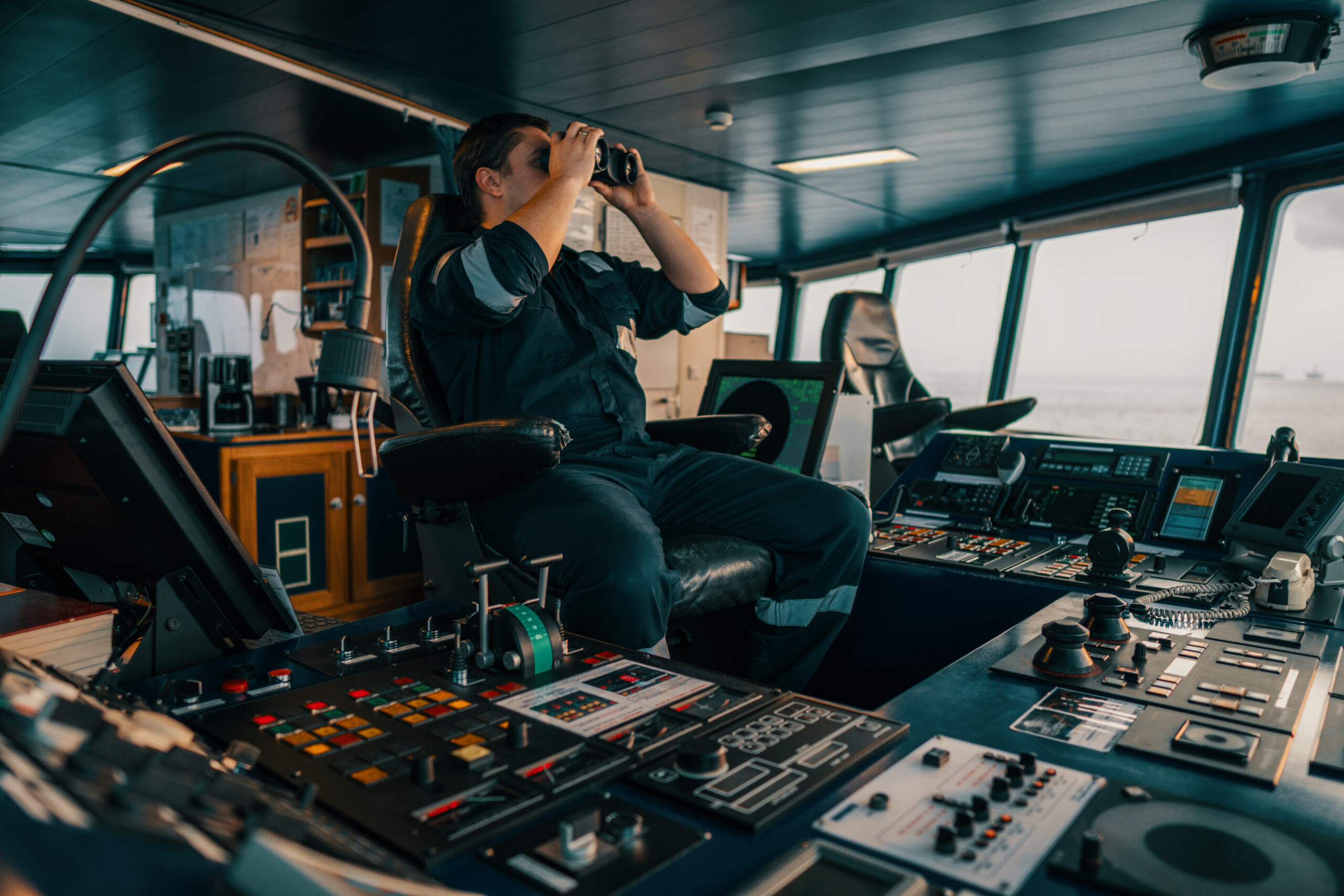In the constantly evolving world of maritime logistics, efficiently handling the delivery of ship spares and marine parts is crucial in ensuring the uninterrupted operations of shipping fleets. However, with safety regulations to consider, unpredictable weather patterns to contend with, and often-restricted access around operating vessels, coordinating a smooth shipment of these essential resources can seem daunting. Fortunately, there are some simple tips you can follow that will make navigating this process far easier. In this blog, we’ll cover some strategies to ensure the seamless delivery of ship spares and marine parts, avoiding potential delays and costly downtime at sea.
1. Choose a Reliable Logistics Company
As ships traverse the vast oceans and seas, encountering unpredictable weather conditions and remote locations, ensuring the timely and effective delivery of essential components like ship spares and marine parts is paramount. To successfully circumvent these challenges, choosing a reliable logistics partner as a cornerstone of your supply chain management strategy is crucial. Engaging a partner with a proven track record in handling marine logistics, specialised knowledge and understanding of the intricacies of the sector, and a global reach to support you wherever your vessel may go can significantly improve the efficiency and resilience of your operations. By reducing operational downtime, mitigating risks, and providing expert support throughout the logistical process, your chosen logistics partner acts as an indispensable ally in safeguarding the smooth sailing of your maritime endeavours.
2. Proper Packaging Is Key
In the maritime industry, the timely and efficient delivery of ship spares and marine equipment is essential for smooth sailing and uninterrupted operations. With proper packaging playing a pivotal role in this process, suppliers and vessel operators must pay meticulous attention to detail when preparing and handling these critical components. High-quality packaging materials, reinforced layers, and moisture-resistant protection not only secure the items in transit but also prevent potential damages due to harsh maritime conditions, excessive vibrations, or unexpected incidents during transportation. Moreover, clearly labelling and organising the contents per international shipping standards and regulatory requirements not only facilitates a quicker and more streamlined customs clearance process but also assists the crew members in swiftly identifying and retrieving the necessary parts upon arrival.
3. Keep Accurate Records
Delivering ship spares and marine parts can be a complex and time-sensitive process, making accurate record-keeping essential to ensure a smooth transition from manufacturer to vessel. Engaging professional logistics services to handle these critical shipments is a prudent approach, as these experts possess vast experience in streamlining the transportation of maritime components across international borders. These logistics providers are adept at navigating the nuances of customs regulations and mitigating possible delays, allowing ship owners and operators to focus more on their core business activities. Moreover, these services offer state-of-the-art tracking systems, enabling clients to monitor the status of their deliveries in real-time, thereby providing invaluable peace of mind.
4. Consider the Environmental Conditions
When dealing with ship spares and marine equipment delivery, it is vital to consider the environmental conditions that these components will be exposed to throughout their transit. As a professional in the maritime industry, you need to be well-informed about the potential risks and challenges that may arise due to varying temperatures, humidity levels, and weather patterns. A thorough understanding of these factors will enable you to implement adequate protective measures, such as suitable packaging materials, optimised transportation routes, and appropriate storage facilities to ensure these essential components’ safe arrival and longevity. By acknowledging the significance of environmental conditions and making the necessary preparations, you will not only safeguard your business’s bottom line but also contribute to an environmentally responsible shipping industry.
5. Follow Safety Regulations
It is of utmost importance for those involved in delivering ship spares and marine parts to adhere to strict safety regulations in order to ensure the smooth functioning of maritime operations. One must follow guidelines laid out by international naval organisations and keep updated on local rules and regulations. In addition, proper communication and coordination with the ship’s crew, port authorities, and customs officials are essential to prevent any lapses in safety or compliance. It is also necessary to prioritise the quality and timely dispatch of well-packaged items, and ensure that the transportation methods employed meet the required safety standards. In essence, consistently following safety regulations and diligently managing the delivery of ship spares and marine equipment can help companies safeguard their valuable resources, maintain optimal vessel performance, and bolster their reputation in the maritime industry.
Never Miss a Deadline with Halcon Primo Logistics
Prioritising the meticulous handling and transport of ship spares and marine parts lays the foundation for a thriving and reliable maritime ecosystem. By choosing a reputable logistics company in Singapore, such as Halcon Primo Logistics, that specialises in ship spares logistics and marine equipment transportation, amongst other services, businesses can ensure timely and accurate deliveries of their critical equipment every single time. Contact us today for more information about our comprehensive range of solutions.


